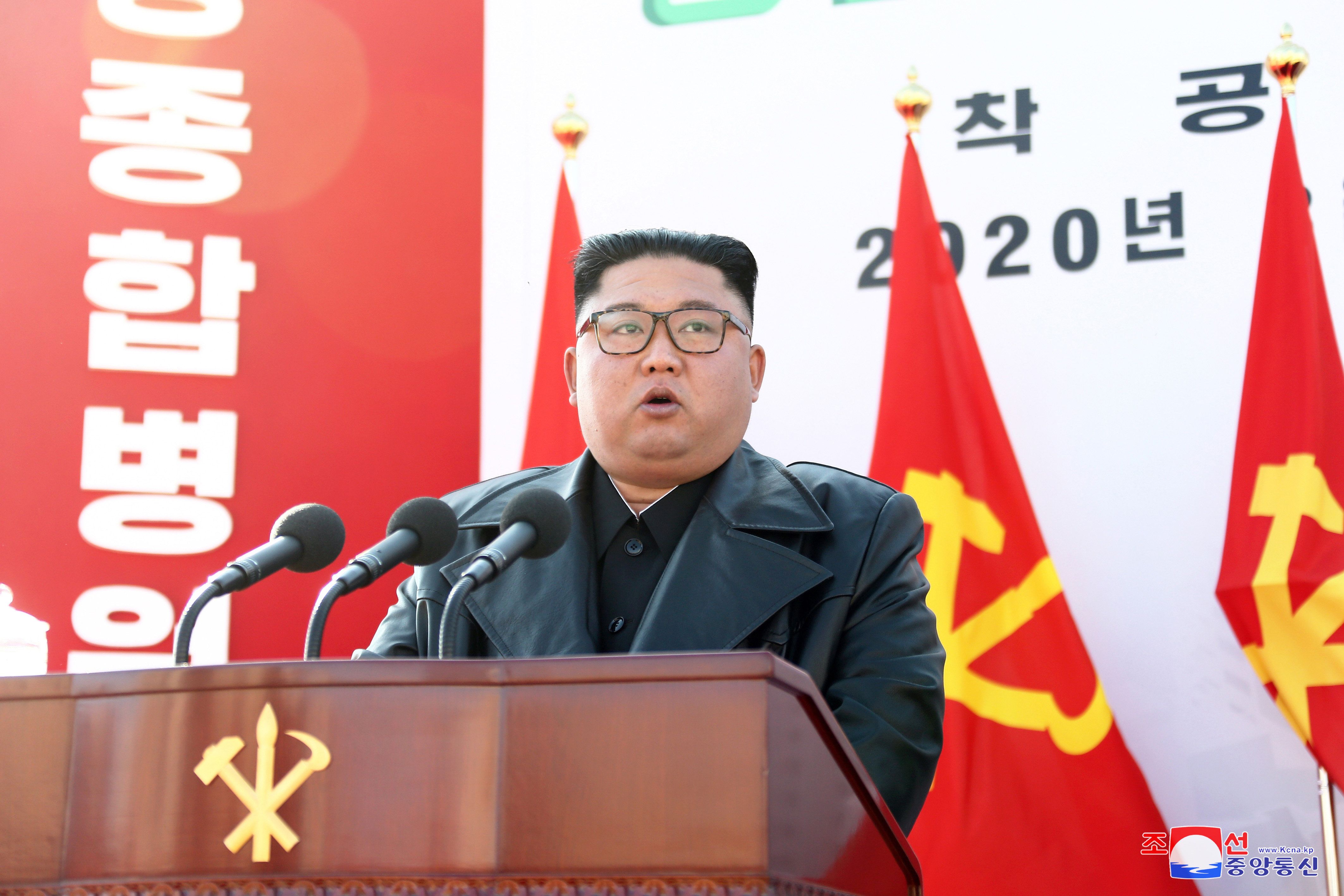Coronavirus Politics Daily: Autocrats claim no cases, and Trump baits Maduro
North Korea has zero coronavirus cases? North Korea claims to be one of few countries on earth with no coronavirus cases. But can we take the word of the notoriously opaque leadership at face value? Most long-term observers of Pyongyang dismiss as fanciful the notion that the North, which shares a border with China, its main trade partner, was able to avert the coronavirus pandemic sweeping the globe. Many point to Pyongyang's lack of testing capabilities as the real reason why it hasn't reported any COVID-19 cases. To be sure, Kim Jong-un, the North's totalitarian leader, imposed some of the strictest lockdown measures in the world, well before many other countries – closing the Chinese border and quarantining all diplomats. The state's ability to control its people and their movements would also make virus-containment efforts easier to manage. We might not know the truth for some time. But what is clear is that decades of seclusion and crippling economic sanctions have devastated North Korea's health system, raising concerns of its capacity to manage a widespread outbreak of disease.
Trump's overture to Venezuela: The Trump administration released a proposal Tuesday to ease US sanctions on Venezuela, but with a catch: it demands that long-time strongman Nicolas Maduro relinquish power to a transitional government made up of both regime loyalists and opposition figures. His rival, Juan Guaido, who heads Venezuela's parliament and is recognized as the country's legitimate leader by the US and most of the world's democracies, would also need to step aside – for now – in exchange for financial relief. The US hopes this would pave the way for fair national elections in the near-term in which Guaido could run for president. While Maduro's foreign minister came out and rejected this invitation to political suicide, President Trump is hoping that plummeting prices for oil, Venezuela's main export, will force Maduro to the bargaining table at a time when his government (and its wrecked healthcare system) badly needs resources to get through a growing coronavirus crisis of its own.
Word games in Turkmenistan: Not to be outdone by fellow former-Soviet strongman Alexsander Lukashenka's prescription of "vodka and saunas" as coronavirus antidote, the government of Turkmenistan, one of the most extravagantly repressive countries on earth, has taken a novel approach to fighting the novel coronavirus itself: don't say its name. According to Reporters Without Borders, the authorities in Ashgabat have largely discouraged state organs from referring to coronavirus or COVID-19, and official statistics show zero infections in the former Soviet Republic of nearly 6 million people. President Gurbanguly Berdymukhamedov, known abroad primarily for DJing, shooting guns while on a bicycle, and falling off his horse, has prescribed fumigating public areas – and nasal passages – with the smoke of the yuzarlik plant, though quarantines and lockdowns are reportedly gaining steam. Crazy as this all is, it's also very dangerous: Turkmenistan has a long border with Iran, which is home to one of the worst COVID-19 epidemics in the world. An outbreak in Turkmenistan, which is already reeling from a collapse in its lucrative gas exports to China, could quickly turn into a humanitarian catastrophe.
